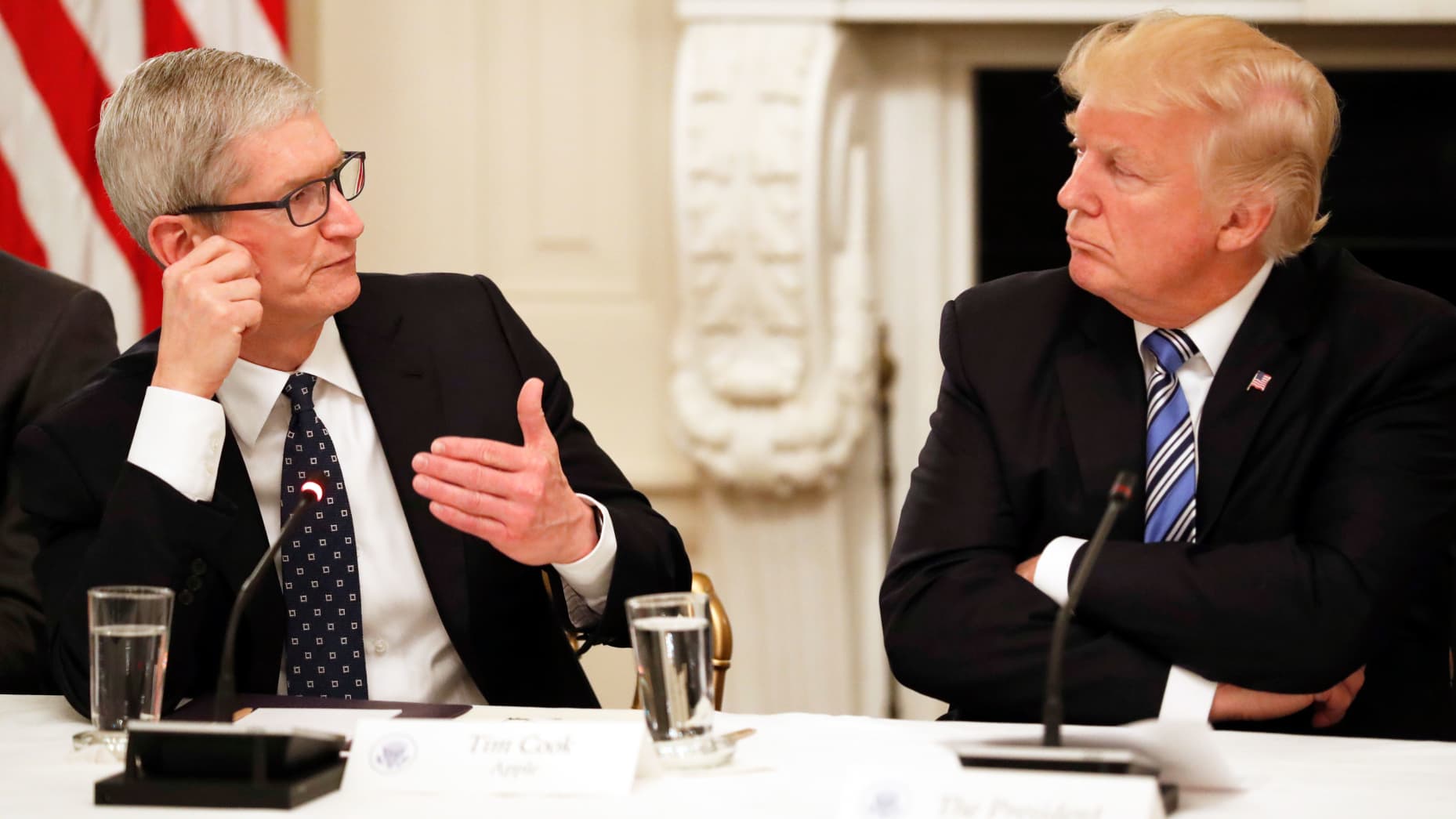A report from the Office of the Inspector General (OIG) revealed that President Donald Trump’s Department of Justice (DOJ) secretly acquired phone and text message records of 43 congressional staffers, two members of Congress, and members of the news media during 2017 and 2018. The DOJ obtained these records through subpoenas, search warrants, and court orders, targeting data from telecommunications companies and providers such as Apple. This effort was part of broader investigations into unauthorized press leaks.
The report sheds light on the DOJ’s attempts to access communication records, particularly in connection with press stories about Trump associates’ alleged interactions with Russian officials.
In 2021, The New York Times disclosed that a 2018 subpoena demanded account details of 109 identifiers, which included prominent Democratic Representatives Adam Schiff and Eric Swalwell, as well as their aides and family members, one of whom was a minor. The newly released findings reveal that the scale of the subpoenas was even broader than initially reported.

Inspector General Report Reveals DOJ’s Secret Acquisition of Congressional and Media Phone Records
Prosecutors reportedly attached gag orders to these subpoenas, effectively barring Apple and other providers from informing their customers about the orders. Many of these non-disclosure agreements were renewed, some lasting up to four years. However, the logs provided to the DOJ only included the identities of the individuals involved in the calls and text messages, not the content of their communications.
Although the OIG’s report did not find evidence of political motivations behind the DOJ’s actions, it expressed concerns about their potential impact on congressional oversight of the executive branch. Additionally, the report criticized the DOJ for not convening the News Media Review Committee, a body established to oversee such information requests, deeming the omission troubling. This oversight raises questions about the DOJ’s adherence to its own policies designed to safeguard press freedom.
In response to the revelations, Apple implemented measures to limit the scope of legal data requests, capping the number of identifiers at 25 per request in 2021. This move underscores the tech company’s effort to tighten privacy protections in light of concerns about government overreach and the implications of the DOJ’s investigative practices.























